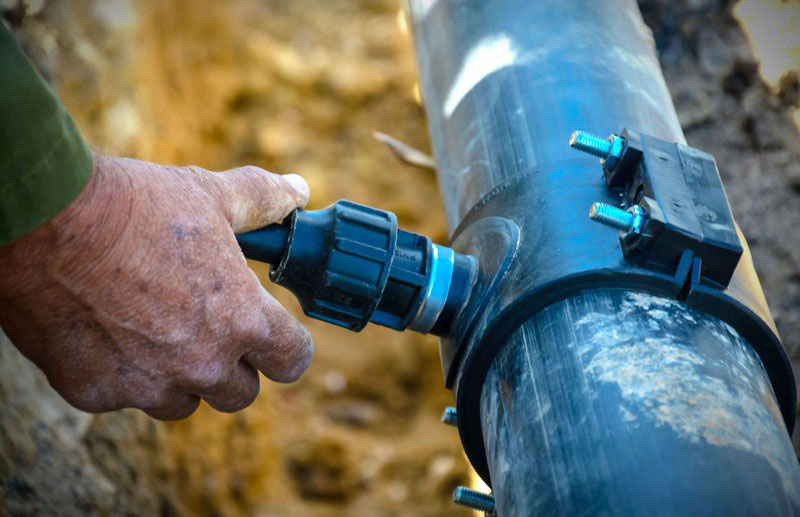
Havana, August 28 - The economic, commercial, and financial blockade imposed by the U.S. government on Cuba is a sustained aggression that affects every drop of water that reaches our homes, warned the National Institute of Hydraulic Resources (INRH) in a detailed report.
It prevents the purchase of modern technologies for treatment and distribution, hinders access to spare parts, pumps, valves, and measuring instruments, complicates international financing for hydraulic projects, increases logistics costs, freight charges, and insurance, and limits technical cooperation; all of which is detailed in a summary of this ongoing harassment provided to the Cuban News Agency.
For these reasons, the blockade is not only unjust but also inhumane, as it has resulted in damages of over $10 million just in the last year: $2.1 million due to geographic trade reallocation, $6.1 million in financial costs related to country risk, and $1.9 million in lost revenues from frustrated exports.
The energy crisis hits hard, with a lack of electricity paralyzing pumping efforts, and fuel shortages limiting transportation and logistics. However, no essential sector has ceased operations due to a lack of water, including health, education, and production, the institution noted regarding its efforts concerning the appropriate collectives.
Additionally, it specified that more than 600 pieces of equipment have been recovered with adapted parts, often crafted by hand, and solutions have been created using recycled materials and national technology, demonstrating pure ingenuity.
In recent months, 585 hydraulic projects have been completed in the country, including 337 pumping stations, many located in rural and hard-to-reach areas, and 241 kilometers of supply networks that have delivered potable water to communities that previously depended on trucks or unsafe wells.
Furthermore, 64 kilometers of sanitation systems have been installed, improving the environmental health of vulnerable neighborhoods, along with 14,000 hydrometers set up in Havana, where efforts are ongoing for their control and rational use.
Rehabilitation work is also taking place in Villa Clara, Ciego de Ávila, Las Tunas, and Artemisa, benefiting over two million Cubans and efforts in 217 transforming neighborhoods to provide water supply for more than 160,000 inhabitants.
Regarding energy sovereignty and sustainability, more than 700 solar pumping systems have been installed in rural and hard-to-access areas, benefiting 445,000 people without relying on the national electrical grid.
This year, national production of high-density polyethylene accessories, essential for new projects, has begun. (Source: ACN)